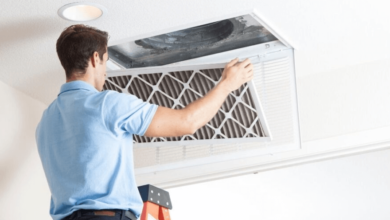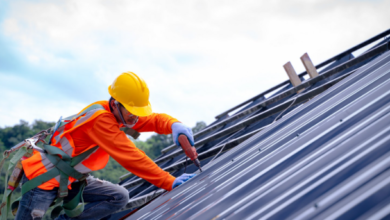Why Insulation Matters for Your Home’s Energy Efficiency

Insulation is a fundamental component of any energy-efficient home, as it significantly impacts both comfort and utility costs. By effectively controlling heat flow, proper insulation minimizes the energy required for heating and cooling, thereby contributing to a more stable indoor climate. Furthermore, the choice of insulation material can affect not only energy consumption but also the environmental footprint of a household. Understanding the various types of insulation and their benefits can be pivotal for homeowners seeking to enhance their living spaces. However, the question remains: how can you determine the most effective insulation strategy for your specific needs?
Importance of Insulation
Insulation plays a pivotal role in enhancing a building’s energy efficiency, serving as a barrier that mitigates heat transfer between indoor and outdoor environments.
The insulation impact is substantial, reducing energy costs and increasing comfort.
However, insulation myths often lead to misconceptions about its effectiveness and necessity.
Understanding the true benefits of insulation empowers homeowners to make informed decisions, fostering a more sustainable living environment.
See also: How to Integrate Adobe After Effects With Your Video Editor
Types of Insulation Materials
Exploring various insulation materials reveals a diverse array of options, each with distinct characteristics and advantages tailored to different building needs.
Fiberglass insulation is renowned for its cost-effectiveness and versatility, making it a popular choice.
Conversely, foam board offers superior thermal resistance and moisture protection, ideal for specific applications.
Understanding these materials empowers homeowners to make informed choices that enhance energy efficiency and comfort.
Benefits of Proper Insulation
Proper insulation plays a crucial role in enhancing a building’s energy efficiency, directly impacting both comfort and operating costs.
By minimizing heat loss in winter and heat gain in summer, proper insulation contributes to significant cost savings on energy bills.
Additionally, it maintains optimal comfort levels throughout the year, allowing homeowners to enjoy a more pleasant living environment while reducing their carbon footprint.
Assessing Your Home’s Insulation
Evaluating the effectiveness of insulation in your home is a vital step in achieving optimal energy efficiency.
An insulation assessment identifies areas of improvement, ensuring enhanced thermal performance.
By understanding where heat loss occurs, homeowners can make informed decisions about upgrades.
Embracing this proactive approach not only fosters independence from rising energy costs but also contributes to a sustainable, comfortable living environment.
Conclusion
In conclusion, insulation serves as the silent guardian of a home’s energy efficiency, ensuring warmth in winter and coolness in summer. Its importance cannot be overstated, as quality insulation not only reduces energy costs but also enhances indoor comfort while contributing to environmental sustainability. By prioritizing proper insulation, homeowners invest in a more resilient and valuable property, ultimately fostering a sanctuary that harmonizes with nature and nurtures the well-being of its inhabitants.




